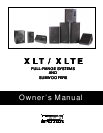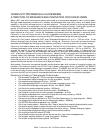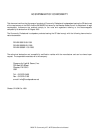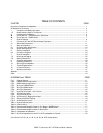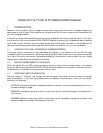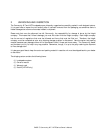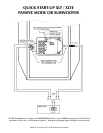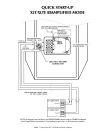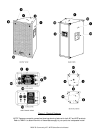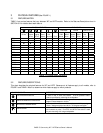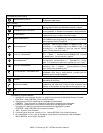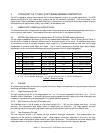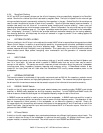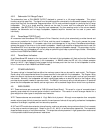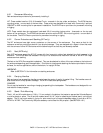PAGE
4
Community XLT / XLTE Series Owner’s Manual
COMMUNITY XLT™ AND XLTE™ SERIES OWNER’S MANUAL
1INTRODUCTION
Welcome! You’ve joined the group of people that have chosen high quality Community loudspeaker systems and
components for over 30 years. We’re gratified you did and we will do our best to make sure you are satisfied with
your new loudspeaker system.
In order for you to get the most effective use of this product, please take some time to read this manual. If you are in
a hurry and can’t wait, you can use the QUICK START-UP diagrams to connect your loudspeakers and be operating
them in few minutes. However, we have included a great deal of other useful information in this manual that will
help you to realize the best performance, operation, sound quality, and reliability from your new loudspeaker.
1.1 COMMUNITY XLT AND XLTE SERIES LOUDSPEAKER SYSTEMS
This manual contains information for the proper setup and operation of the Community XLT and XLTE full-range
loudspeaker systems and subwoofers. While every attempt has been made to ensure this information is correct and
up to date, Community continuously incorporates worthwhile improvements to each product that may include
changes and/or modifications not contained in this manual.
1.2 MODEL NUMBER USAGE IN THIS MANUAL
Within this manual XLT and XLTE models are generally referred to only by their numerical suffixes. For example,
model ‘43’ refers to both the XLT43 and XLT43E. Where information applies only to a specific model, such as only to
the XLT46 but not the XLT46E, the complete model number is used.
1.3 IMPORTANT SAFETY INFORMATION
The terms “Caution,” “Warning,” and “Danger” are used throughout this manual to alert the reader to important
safety considerations. If you have any questions about any aspects of these cautions, contact your local dealer,
distributor, or Community.
CAUTION:
describes an equipment operating condition or user action that may expose the equipment or user
to potential damage or danger.
WARNING:
describes an operating condition or user action that will likely cause damage to the equipment or
injure the user.
DANGER:
describes an operating condition or user action that will immediately damage the equipment or be
extremely dangerous or possibly life-threatening to the user.



